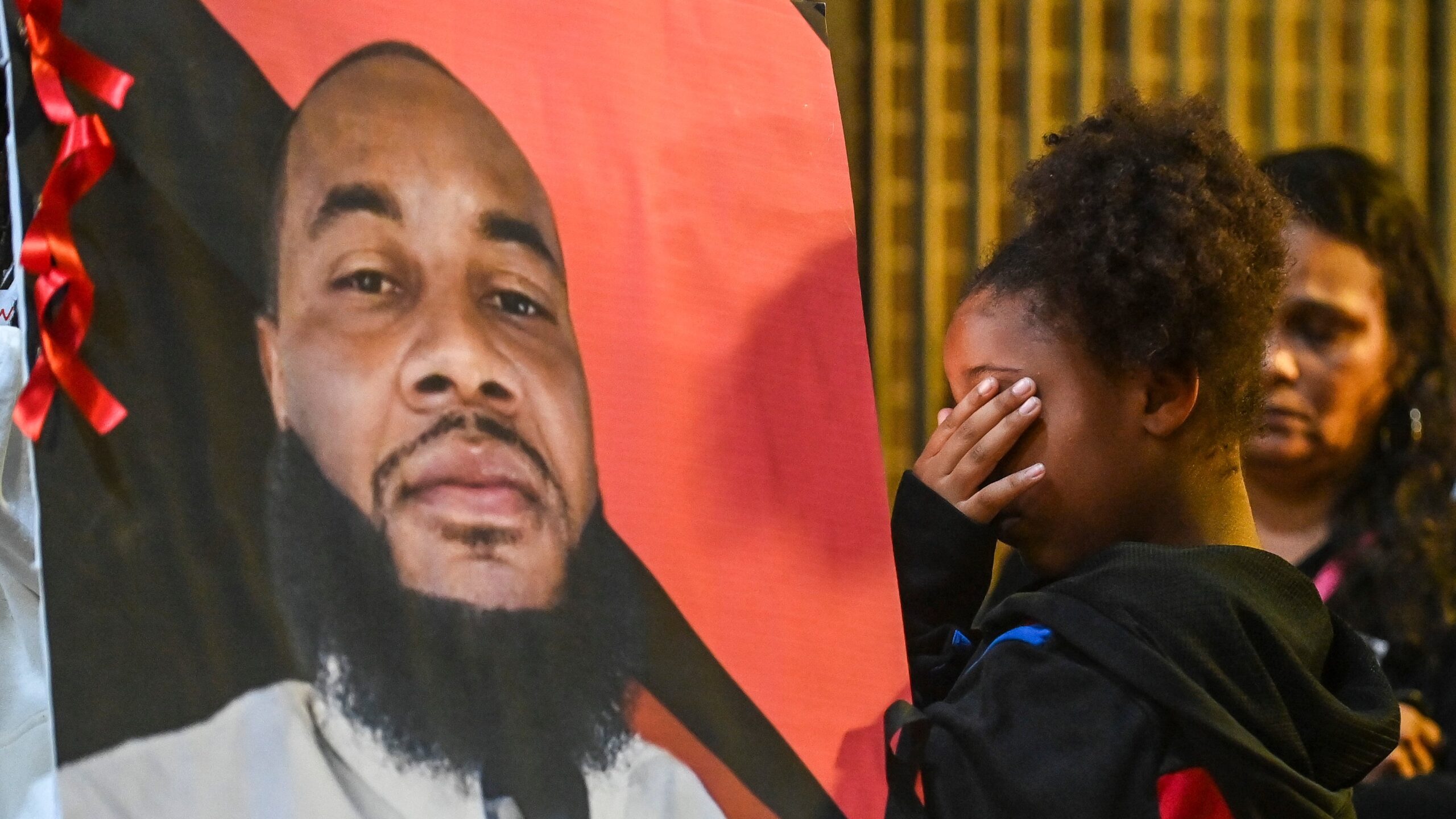According to the state attorney general, a former Alabama police officer who was charged with murder for shooting an armed Black man in the man’s front yard during a confrontation with a tow truck driver shouldn’t be given immunity before trial.
Attorney General Steve Marshall stated in a court brief submitted late Tuesday that a lower court was justified to find that Mac Marquette, a 25-year-old former Decatur police officer, did not demonstrate a clear legal entitlement to prosecutorial immunity when he fatally shot Stephen Perkinson on September 29, 2023.
Marquette and two other police went with the tow truck driver to take back Perkins’ pickup truck from his Decatur residence just before two in the morning. Body camera footage shows that less than two seconds after the officers stepped out of a covert position and introduced themselves as law enforcement, Marquette fired 18 bullets at Perkins as he came out of his home pointing a revolver at the truck driver.
The Alabama stand your ground legislation, which protects anyone who uses lethal force from punishment as long as they have a reasonable belief that they are in danger and are in a place where they are legally permitted to be, is what determines the appeals court’s ruling and the outcome of the trial. Judges in Alabama have the authority to decide whether someone acted in self-defense prior to a trial.
The former officer’s attorneys urged the Alabama Court of Criminal Appeals to reverse the Morgan County judge’s April judgment that denied Marquette immunity. Because the circuit judge did not give enough weight to Marquette’s claim that he feared for his life when Perkins waved his gun at the officer before he was shot, the appeals court declared the circuit judge’s decision to be a flagrant abuse of discretion.
Marquette will face trial in September if the appeals court finds against him.
Following personnel procedures, the three officers were fired after the incident, which sparked frequent protests in the city in north Alabama. Marquette is white.
There are still unanswered questions about whether Marquette had a legal right to be at Perkins’ house because witnesses in a pre-trial hearing did not prove that he was there on official police duty, even though the attorney general’s brief acknowledged that Marquette feared for his life.
Assistant Attorney General Kristi Wilkerson’s brief highlighted contradicting testimony from the two policemen who were with Marquette at the time of Perkins’ shooting.
According to one officer’s testimony, the three police were at Perkins’ residence to look into a misdemeanor menacing charge because earlier that evening, Perkins had drawn a revolver on the tow truck driver who was attempting to take back Perkins’ truck. The other officer stated in his testimony that he thought they were there to help maintain order and that he was not aware of a dangerous inquiry.
According to Alabama law, law enforcement cannot participate in a vehicle repossession without a court order, which the officers lacked.
Both officers’ descriptions of the events leading up to the shooting were contradicted by testimony from Jamie King, a state agent who looked into the shooting. King claimed that although Marquette might have been afraid for his life, the three officers were purposefully out of Perkins’ line of sight until just before the shooting, making them ill-equipped to maintain order or look into threatening.
There are other ways to carry out police operations, according to Marquette’s lawyers.
Given the ambiguity, Marshall’s office stated that the trial court’s stance should be respected and that a jury is the only one qualified to judge the reliability of the evidence that is provided to it.
Speaking to the media is forbidden for any parties involved in the case.






